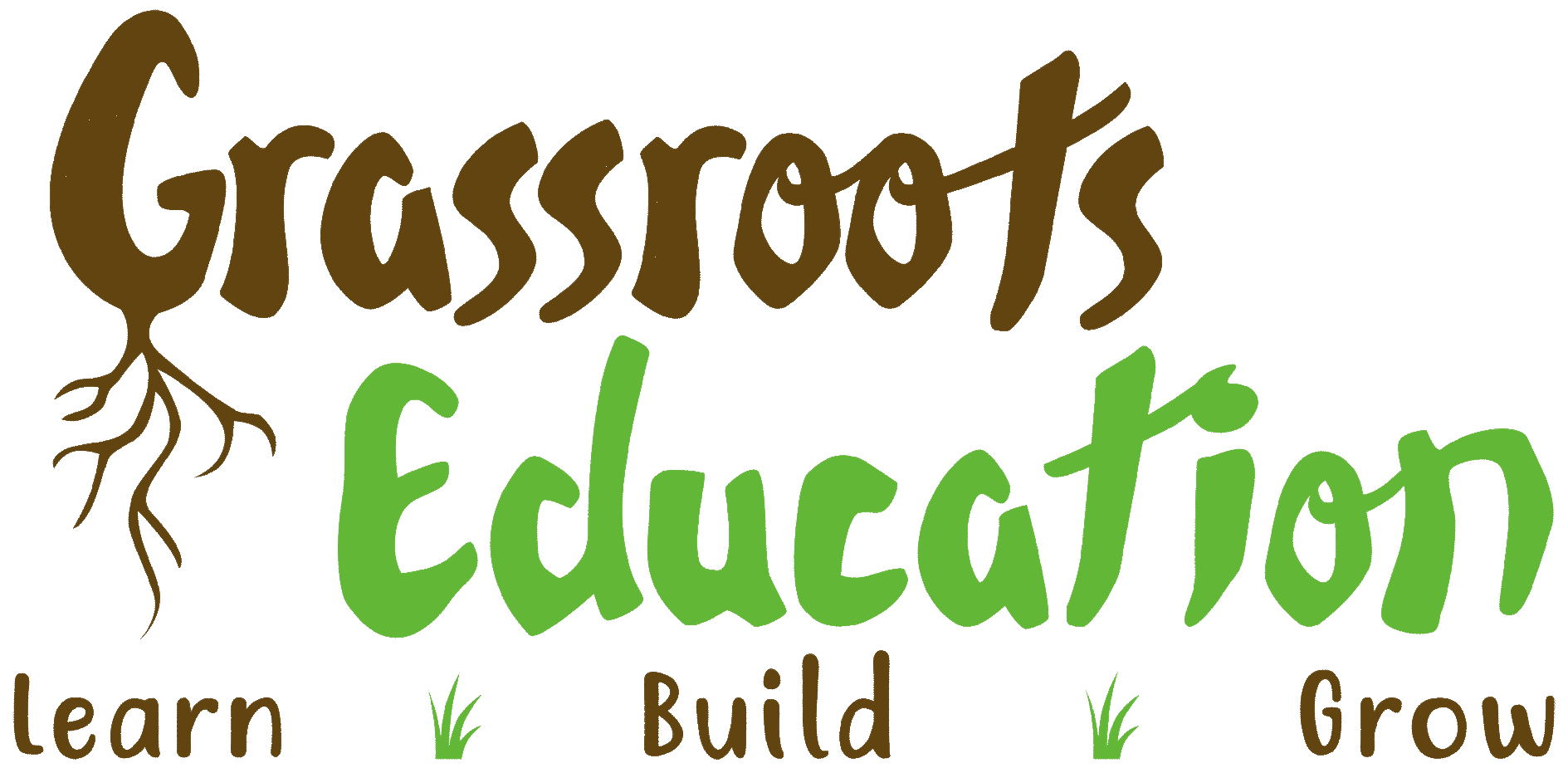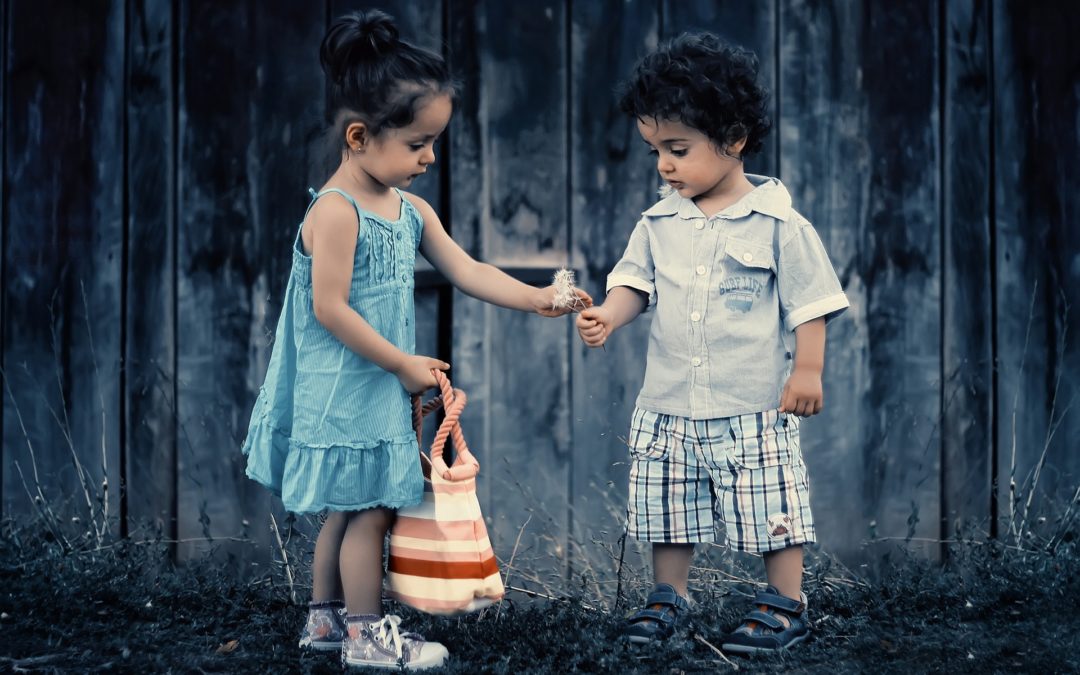
by Marcia Davis-Dawkins | Dec 3, 2018 | Education, Kids, Parents, Teachers
Where Have All the Flowers Gone?

By Marcia Davis-Dawkins
In a world where we can be anything that we want, I strongly believe that we should strive to be KIND! Kindness seems to be a word that is disappearing from our vocabulary and dare I say the world. It’s so easy to see others in sadness and prejudge them and assume they “deserve” the sadness.  Sometimes things happen in our lives and the first thing we say is that we will get back at that person who harmed or hurt us. I recently parked and dropped my daughter off so she could take care of some business. We had planned to go somewhere else after so I would simply wait in the car. Since I know how crazy life can get I usually park far away so I won’t get hit by another car that’s parked close (or is trying to park next to me). On this day I watched this woman park so close, that as she opened her door, the wind blew the door and it swung open and hit mine! In my mind I knew it was bad because I heard and felt the impact. Well, the woman simply re-buckled her seat belt, pulled in her door and was ready to move off with no apologies. I rolled down my window and beckoned to her then mouthed, “You could have said sorry!” I thought, “Wow, no one cares, Marcia, just suck it up and live with it.” But as I took a breath and composed myself, my thoughts went further, “At least I am okay and she might not be!” She could have been dying inside but I also wondered, why kind people have become a rare commodity in life. Did I intimidate this woman? I could have called the cop and she saw that I was in the car. Or was I invisible?
Sometimes things happen in our lives and the first thing we say is that we will get back at that person who harmed or hurt us. I recently parked and dropped my daughter off so she could take care of some business. We had planned to go somewhere else after so I would simply wait in the car. Since I know how crazy life can get I usually park far away so I won’t get hit by another car that’s parked close (or is trying to park next to me). On this day I watched this woman park so close, that as she opened her door, the wind blew the door and it swung open and hit mine! In my mind I knew it was bad because I heard and felt the impact. Well, the woman simply re-buckled her seat belt, pulled in her door and was ready to move off with no apologies. I rolled down my window and beckoned to her then mouthed, “You could have said sorry!” I thought, “Wow, no one cares, Marcia, just suck it up and live with it.” But as I took a breath and composed myself, my thoughts went further, “At least I am okay and she might not be!” She could have been dying inside but I also wondered, why kind people have become a rare commodity in life. Did I intimidate this woman? I could have called the cop and she saw that I was in the car. Or was I invisible?
How can we (educators) ….
This was actually day two of my demise. The day before I couldn’t get access to a building because my ID “was miscoded” as per a security personnel hours prior. After several attempts, I saw another security officer who watched me fail to gain entry to the building. I got out of my car and moved towards his car to get further instructions and he drove off! My anger brewed, but I held my composure because I didn’t want to seem unprofessional. I wanted to make it right as I was not sure who was watching and how my reaction would impact that person who was witnessing the event. I really am trying to make a more positive impact. Interestingly, I thought of two Bible verses I learned a child– first, “A soft answer turneth away wrath, but grievous words stir up anger.” Proverbs 15:1 and the second, from Philippians 4:5 “Let your gentleness be evident to all.” I also thought that even though the education system does not build its principles on the Bible, they are worth pondering. I could not help but wonder how can we teach our students to be kind and be conscious of what they say to others? How can we (educators) make a difference in students’ lives or even our colleagues’? How can we help to make them into “flowers?” There are so many moments of hate, war, meanness, bullying and such. We must remind our students and ourselves that while it is easy to be mean and hateful, it takes true strength to be kind, especially to unkind people, who, in all likelihood, are the ones who need it most.  When you have a bad day, attempt to treat the world better than it treated you. Greatness is not in what we have, but what we give…give kindness and watch the garden flourish.
When you have a bad day, attempt to treat the world better than it treated you. Greatness is not in what we have, but what we give…give kindness and watch the garden flourish.
The Teacher Who Makes a Difference!!!!!

by Marcia Davis-Dawkins | Oct 15, 2018 | Education, Kids, Parents, Teachers
Peace in the Midst of the Storm
 By Dr. Marcia Davis-Dawkins
By Dr. Marcia Davis-Dawkins
As educators have you ever entered a classroom where there is total chaos? I have on several occasions and at times (if I want to be totally honest), I do feel like I want to run, hide and go away from the situation. And I do run if it’s not my room but then if I am the leader of that room, I have to take charge and try to fix the chaos. Calm for me brings a sense of peace and I act and respond differently much like butterflies flying in the atmosphere. Unlike calm, chaos makes my head feel as if it’s going to explode. The classroom can be very chaotic at times and as the educator, I have to have classroom management so that there is a sense of calm in the room at all times. This is not an easy task especially when there are 25 bodies with 25 different personalities in one room. If as the teacher who wears several different hats, I have to know these students and ensure that I am meeting ALL their learning needs so as to prevent chaos for them and for me.
For the students
who enter the classroom with a chaotic mind because their homes are chaotic. They enter the classroom already rebellious and stressed because the tone was set in their homes as they leave or the night before. How do we help them and how do we know that there is chaos/confusion? We might be and could be their source of peace and calm so we have to be able to read them and set an environment of calm and peace as they enter the classroom. Who knows we might be their escape from the unfriendly (warlike) home they left. Our students are depending on us to provide that peace and calm. So we should then be prepared for them. Here are few tips that are recommended to provide that sense of peace for our students.
- Rely on schedules, routines, and procedures it helps to promote order hence peace.
- Maintain a clean, organized classroom that helps and creates peace and calm
- Be the same teacher yesterday, today, and tomorrow so they learn how to trust and want to be around you the teacher. If a teacher is constantly absent and students see different teachers or substitute then this could cause chaos.
- Be kind so you are the role model
- Protect your students from misbehavior so they understand that you care
- Don’t take misbehavior personally as some students are unaware of what good behavior looks like
- Maintain a peaceful learning environment so they want to learn and want to be at school in the special environment.
- A Safe Haven so they feel comfortable and special
- Address students by name so they feel wanted and appreciated
- Use “please” and “thank you” they understand how being polite look and feel like
- Listen to our students and teach them how to listen to others
- Don’t allow bullying/teasing/put downs
 I am sure that as educators we feel just as chaotic at times because we are humans but we can and should find time to meditate and reflect, exercise and especially for me do a lot of self-talk and positive affirmation. The world around us can be so unkind so we should definitely find some “me” time so we have solace in our space. This will definitely help us to be prepared for our students.
I am sure that as educators we feel just as chaotic at times because we are humans but we can and should find time to meditate and reflect, exercise and especially for me do a lot of self-talk and positive affirmation. The world around us can be so unkind so we should definitely find some “me” time so we have solace in our space. This will definitely help us to be prepared for our students.
Simple things like routines help your students know what to expect, which in turn helps them to feel calm, competent, and ready to learn. Even brain breaks can help to break down the monotony of always doing Math or Language Arts. Fun activities so they can as it implies give the brain a break for dreary tasks. We would surprise how unassuming activities can help to move toward building a community of peacemakers and calm in the classroom. Let’s help to create the calm in the midst of our students’ storm!
Ride Out the Storm
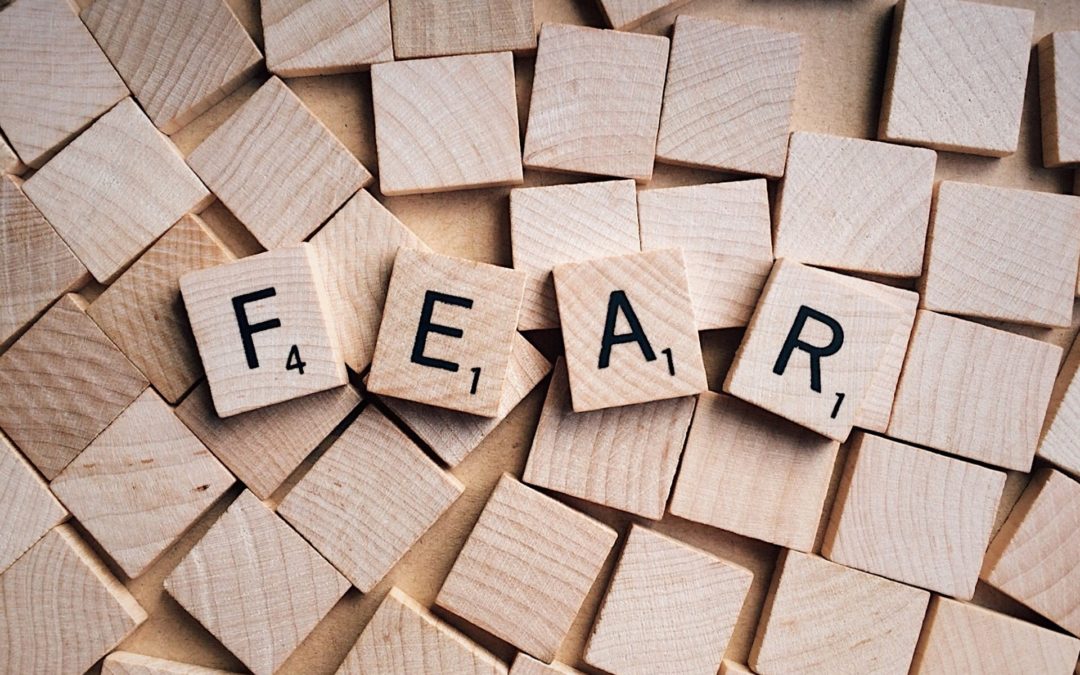
by Marcia Davis-Dawkins | Oct 1, 2018 | Education, Kids, Parents, Teachers, Teens

By Dr. Marcia Davis-Dawkins
In his First Inaugural Address, Franklin D. Roosevelt (FDR) said; “ The only thing we have to fear is fear itself.” I found myself thinking about that quote recently when I was enlisted to present professional development to a group of educators like myself. What I inferred from FDR was that if we fear things, it will simply make matters worse. In effect, it can damage our self-confidence and wane our ability to move forward. The fears we don’t face become our limits. Understanding that gave me the courage to work through my trepidation with favorable results.
As humans we fear many things,
so much so that there are several characteristics or forms of fear known as phobias. You name it and there is a phobia for it. Why do we have fear? In my case, was I afraid that my audience would berate me, or that I would falter in the delivery of the material? Why do you fear and what do you fear? The high school I attended in Jamaica had several huge lignum vitae trees on the school property. These trees provided shade for the girls, as well as a place to sit when we wanted to eat lunch outdoors. (Seats with tables were made around the trees). As wonderful as the trees were, during the school year they were filled with caterpillars – they were everywhere and infested our comfortable haven while we were trying to enjoy lunch or waited to switch classes. The fear was the caterpillars!!! We knew that they would eventually be beautiful butterflies, and our fear was irrational, but that creepy, crawly stage horrified us.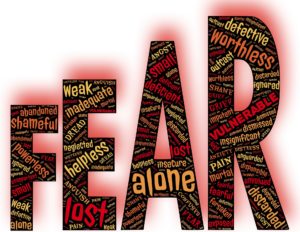
As educators we fear getting a bad evaluation, having a class we are unable to manage, missing deadlines, performing poorly on a test, among many other things. But I do want to point out that there are times when fear is an asset and becomes a strength — simply because we didn’t realize that we were capable of doing certain things.
Since we are all humans, we know that our students will have fears as well – fear of the teacher, fear of learning, fear of being bullied, fear of a new environment and even fear of the unknown. It is our job and one of the many hats that we wear to help them conquer their angst and help them to believe in themselves. Some of those same students might even have their teachers to thank because the teachers helped them to overcome their fears. I know that because I am one of those teachers whose former teacher helped me to conquer my fear of being a teacher! Let us encourage our students, fellow educators and ourselves since encouragement brings oxygen or nourishment to the soul. Remember that FEAR can translate to Forget Everything And Run or Face Everything And Rise. The choice is yours.
Rise Above

by Marcia Davis-Dawkins | Jun 14, 2018 | Education, Kids, Parents, Teachers
Emotions/Feelings

By Dr. Marcia Davis-Dawkins
Please Read My Poem on Emotions! Sadness and Happiness
Brave Fabulous Talented
Lonely
and more …

The Power of Words
The Power of Words II
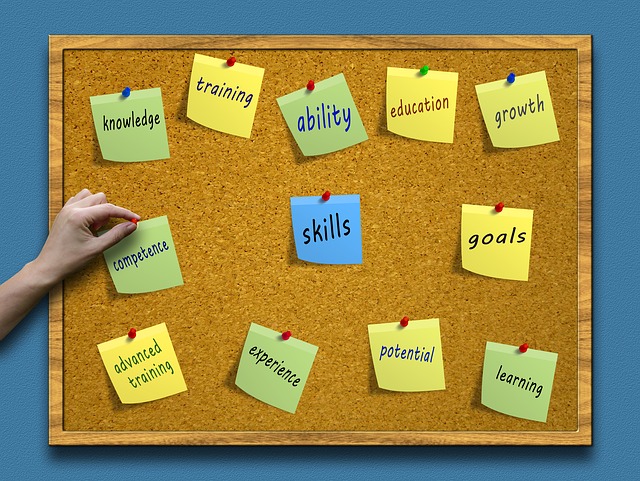
by Marcia Davis-Dawkins | Mar 30, 2018 | Education, Kids, Parents, Teachers
Am I Dependable?

By Dr. Marcia Davis-Dawkins
Neal A. Maxwell once said, “God does not begin by asking us about our ability, but only about our availability, and if we then prove our dependability, he will increase our capability.” One of the qualities that I hold dearly is being dependable. Being dependable means giving your word and sticking to it, so others can see that you are reliable. Of course, there are sometimes unforeseen occurrences that might stop you from fulfilling your promise, and that is understandable. However, if a person is consistently late or doesn’t keep his/her word, then that is problematic! For the most part, a person should be accountable for his or her actions.
Being dependable 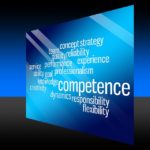
Being dependable includes being trustworthy and reliable. This is regarded as a skill and character trait that employees deem necessary to be part of their business. If we were to think about the word dependable, I am certain that some of us will start thinking of friends whom we consider reliable. There are some with who we have been through thick and thin and we know that we can rely on them to literally move mountains for us. These friends are also the ones that you can always count on to dig us out of any ditch or simply just to be there for us. I have friends who, despite being separated by distance and time zones, I still routinely communicate with and these people will traverse the globe to be my side if needed. If I were to have a problem to deal with, I can call them at odd hours of the nights, and they are willing to lend a helping hand, provide a listening ear or make suggestions. I also know for certain that if they say they will do something, it will be done. They are steadfast, loyal and staunch constants in our lives. We have all heard of the old adage, “A friend in need is a friend indeed,” and when you have true, dependable friends, that is definitely an advantage. There are friends that if they tell you that they will be at a place at a certain time, they are there. If they aren’t,  then you wonder if something went wrong because you know you can always rely on them. If you are constantly late, then you are not dependable and I might go further to say that you might not be a committed friend or colleague.
then you wonder if something went wrong because you know you can always rely on them. If you are constantly late, then you are not dependable and I might go further to say that you might not be a committed friend or colleague.
How many of us have had experiences where we were part of a group project in high school, college or work and each person is given a specific task and it ends up that you have to do the work of several people because some weren’t dependable? How do we feel? Their talents mean nothing if they are not dependable. What do we think of those people, who didn’t do their job? As an educator, I know for sure that I would love to have dependable co-workers on my team/project so that we can collaborate and work towards making students dependable, while simultaneously being role models. I believe we can nurture students to be dependable since it is an important and necessary life skill.
Being dependable fosters good relationships (which can be difficult to find); it encourages and counteracts trustworthiness. It’s time to take a self-inventory. Are you like the weather and subject to change, or like granite: solid and dependable?
The Power of Words

by Marcia Davis-Dawkins | Mar 22, 2018 | Education, Kids, Parents, Teachers, Teens
Perpetually Grateful

By Dr. Marcia Davis-Dawkins
Showing appreciation…
It has always confounded me that some people find it difficult to say “thank you” when they are given something. Showing appreciation just seems like the normal thing to do, but for some people it’s really arduous. I have had the opportunity recently to examine that for which I am grateful– things that I take for granted. What might seem trivial to some, but not to others – being able to breathe, see, talk, walk, have a place to live or even have a job. I believe that we should consider everything and every circumstance as a blessing, and therefore be grateful. We should not lose sight of gratefulness. I think it takes much effort to be thankful, but with constant practice it can become a habit.
How do I see being thankful? I believe that as I journey through life and its processes, I accept that everything I do and experience is for a reason and there is a lesson to be learned. Accordingly, I have begun looking for the lesson to be learned. It also means stepping back and reflecting on the experiences so I can elicit those lessons and then give thanks. I am reminded of a song that we. sang in the choir, by Brooklyn Tabernacle Choir, that says “In Everything Give Him Thanks” and it further instructs to “give thanks in the good times, in the bad times, let’s do the same.” It means that even when my childhood friend of many years is critically ill, and I am miles away from her and feeling helpless, I should not be paralyzed with sadness and remain idle. I can still be grateful that I know her, have shared amazing times with her, learned countless things from her, spent many quality times with her, shared laughters, secrets and even tears. I am grateful for the friendship we have and I know that we have grown even closer in the last six months since her cancer diagnosis. In fact, we have a group of five ‘friends  forever’ with whom we have a special bond and we celebrate our friendship and compassion for each other. I am thankful for the values we were taught by our parents to pray together, sing together, share our family difficulties together and tried to work out solutions. This empathy that we share is plenty for which to be thankful. We are always there for each other, in good times and in bad.One of the things that I hear is that even though our friend is sick, she always utter how grateful she is. A member of our team of the “friends forever” is always at the hospital helping our sick friend. We are giving thanks for her dedication and love. This love sincerely is from the love of God. Hence, we can pass on these special attributes to our children, students, and co-workers, reminding them daily that in the end, it is not what we possess, but what we shared, that is significant.
forever’ with whom we have a special bond and we celebrate our friendship and compassion for each other. I am thankful for the values we were taught by our parents to pray together, sing together, share our family difficulties together and tried to work out solutions. This empathy that we share is plenty for which to be thankful. We are always there for each other, in good times and in bad.One of the things that I hear is that even though our friend is sick, she always utter how grateful she is. A member of our team of the “friends forever” is always at the hospital helping our sick friend. We are giving thanks for her dedication and love. This love sincerely is from the love of God. Hence, we can pass on these special attributes to our children, students, and co-workers, reminding them daily that in the end, it is not what we possess, but what we shared, that is significant.
As humans we tend to be complainers, but we need to find something to be more appreciative about in EVERYTHING!!!! I am reminded of the old adage that some people see the glass half full, while others see the glass half empty.
 It is time to be enlightened and simply be grateful to have a glass.
It is time to be enlightened and simply be grateful to have a glass.
Being an educator, we often feel overwhelmed with issues we face with our students whom we deem “unteachable” due to learning disabilities or because of behavior problems, but at times we can learn so much from the experiences we encounter. We are so caught up that we forget to stop and to be grateful for the challenges or for the fact that we may be the one to help make a difference to that student. The experiences usually make us stronger.
Being grateful has started to give me a different viewpoint on life and my journey of being renewed and empowered. Join me on this journey of making our thanksgiving perpetual!
The Power of Words

 Sometimes things happen in our lives and the first thing we say is that we will get back at that person who harmed or hurt us. I recently parked and dropped my daughter off so she could take care of some business. We had planned to go somewhere else after so I would simply wait in the car. Since I know how crazy life can get I usually park far away so I won’t get hit by another car that’s parked close (or is trying to park next to me). On this day I watched this woman park so close, that as she opened her door, the wind blew the door and it swung open and hit mine! In my mind I knew it was bad because I heard and felt the impact. Well, the woman simply re-buckled her seat belt, pulled in her door and was ready to move off with no apologies. I rolled down my window and beckoned to her then mouthed, “You could have said sorry!” I thought, “Wow, no one cares, Marcia, just suck it up and live with it.” But as I took a breath and composed myself, my thoughts went further, “At least I am okay and she might not be!” She could have been dying inside but I also wondered, why kind people have become a rare commodity in life. Did I intimidate this woman? I could have called the cop and she saw that I was in the car. Or was I invisible?
Sometimes things happen in our lives and the first thing we say is that we will get back at that person who harmed or hurt us. I recently parked and dropped my daughter off so she could take care of some business. We had planned to go somewhere else after so I would simply wait in the car. Since I know how crazy life can get I usually park far away so I won’t get hit by another car that’s parked close (or is trying to park next to me). On this day I watched this woman park so close, that as she opened her door, the wind blew the door and it swung open and hit mine! In my mind I knew it was bad because I heard and felt the impact. Well, the woman simply re-buckled her seat belt, pulled in her door and was ready to move off with no apologies. I rolled down my window and beckoned to her then mouthed, “You could have said sorry!” I thought, “Wow, no one cares, Marcia, just suck it up and live with it.” But as I took a breath and composed myself, my thoughts went further, “At least I am okay and she might not be!” She could have been dying inside but I also wondered, why kind people have become a rare commodity in life. Did I intimidate this woman? I could have called the cop and she saw that I was in the car. Or was I invisible? When you have a bad day, attempt to treat the world better than it treated you. Greatness is not in what we have, but what we give…give kindness and watch the garden flourish.
When you have a bad day, attempt to treat the world better than it treated you. Greatness is not in what we have, but what we give…give kindness and watch the garden flourish.